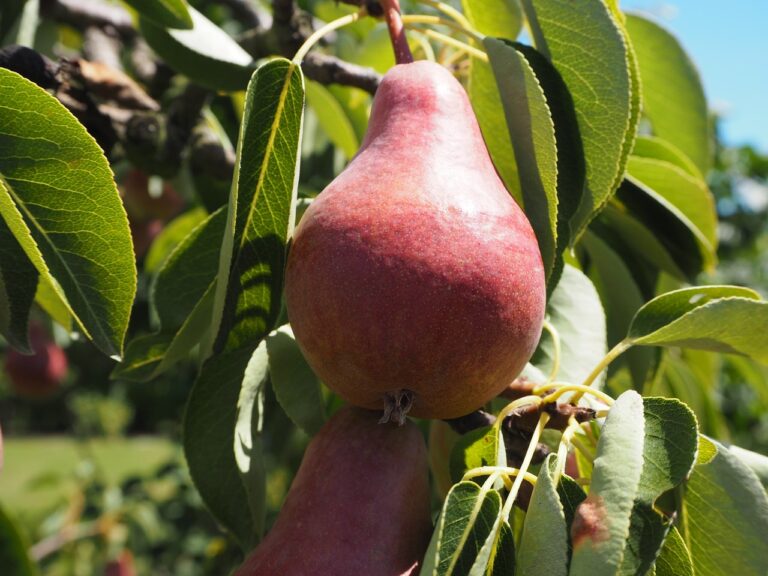Promoting Sustainable Food Choices Through Food Cooperatives: All pannel.com, Cricket bet99, Lotus365 vip login
all pannel.com, cricket bet99, lotus365 vip login: In recent years, there has been a growing movement towards promoting sustainable food choices as people become more conscious about the impact of their diet on the environment. One effective way to support sustainable food practices is through food cooperatives. Food cooperatives, or co-ops, are member-owned grocery stores that prioritize locally sourced, organic, and environmentally friendly products.
By supporting food cooperatives, consumers can make a tangible difference in promoting sustainable food choices. These cooperatives offer a wide range of benefits, including access to fresh, healthy, and ethically sourced foods, as well as opportunities for community engagement and education.
Here are some key ways food cooperatives can help promote sustainable food choices:
1. Supporting Local Farmers and Producers:
Food cooperatives often prioritize sourcing products from local farmers and producers. By choosing to buy from these cooperatives, consumers can support local businesses and reduce the carbon footprint associated with transporting food long distances. This direct connection between farmers and consumers also helps build a more resilient and sustainable local food system.
2. Reducing Food Waste:
Food cooperatives often offer bulk food options, which can help reduce packaging waste. By allowing customers to bring their containers and buy only the amount they need, cooperatives can help minimize food waste. Additionally, many cooperatives have programs in place to donate leftover food to local food banks or compost food waste, further reducing their environmental impact.
3. Providing Education and Resources:
Food cooperatives are not just places to buy groceries; they also serve as community hubs for education and advocacy. Many cooperatives offer workshops, cooking classes, and events focused on sustainable food practices. They may also provide resources such as recipes, tips for reducing food waste, and information on seasonal eating to help consumers make more sustainable food choices.
4. Offering Affordable Options:
Contrary to popular belief, food cooperatives can be affordable options for purchasing sustainable and organic products. By pooling resources and buying in bulk, cooperatives can often offer competitive prices on many items. Additionally, many cooperatives offer discounts or sales for members, making it easier for people of all income levels to access healthy and sustainable food options.
5. Fostering Community Connections:
Food cooperatives are more than just grocery stores; they are community-driven organizations that prioritize building strong relationships with their members. By joining a food cooperative, consumers can connect with like-minded individuals who share their values around sustainability and food ethics. This sense of community can be empowering and motivating for individuals looking to make more sustainable food choices.
6. Advocating for Policy Change:
Food cooperatives often play a role in advocating for policy change at the local, state, and national levels. By coming together as a collective voice, cooperatives can advocate for policies that support sustainable agriculture, reduce food waste, and promote access to healthy food for all. This advocacy work can have a lasting impact on shaping a more sustainable food system for future generations.
In conclusion, food cooperatives are valuable allies in promoting sustainable food choices. By supporting these member-owned grocery stores, consumers can make a real impact on the environment, support local farmers and producers, reduce food waste, and build community connections. If you are looking to make more sustainable food choices, consider joining a food cooperative in your area and becoming part of the movement towards a healthier and more sustainable food system.
—
FAQs:
Q: How do I find a food cooperative near me?
A: You can search online for food cooperatives in your area or ask at your local farmers’ market for recommendations.
Q: Are food cooperatives only for organic products?
A: While many food cooperatives prioritize organic products, they also offer a range of sustainable and locally sourced options.
Q: What are the benefits of becoming a member of a food cooperative?
A: Members of food cooperatives typically receive discounts on products, have a say in decision-making processes, and can participate in community events and education programs.







